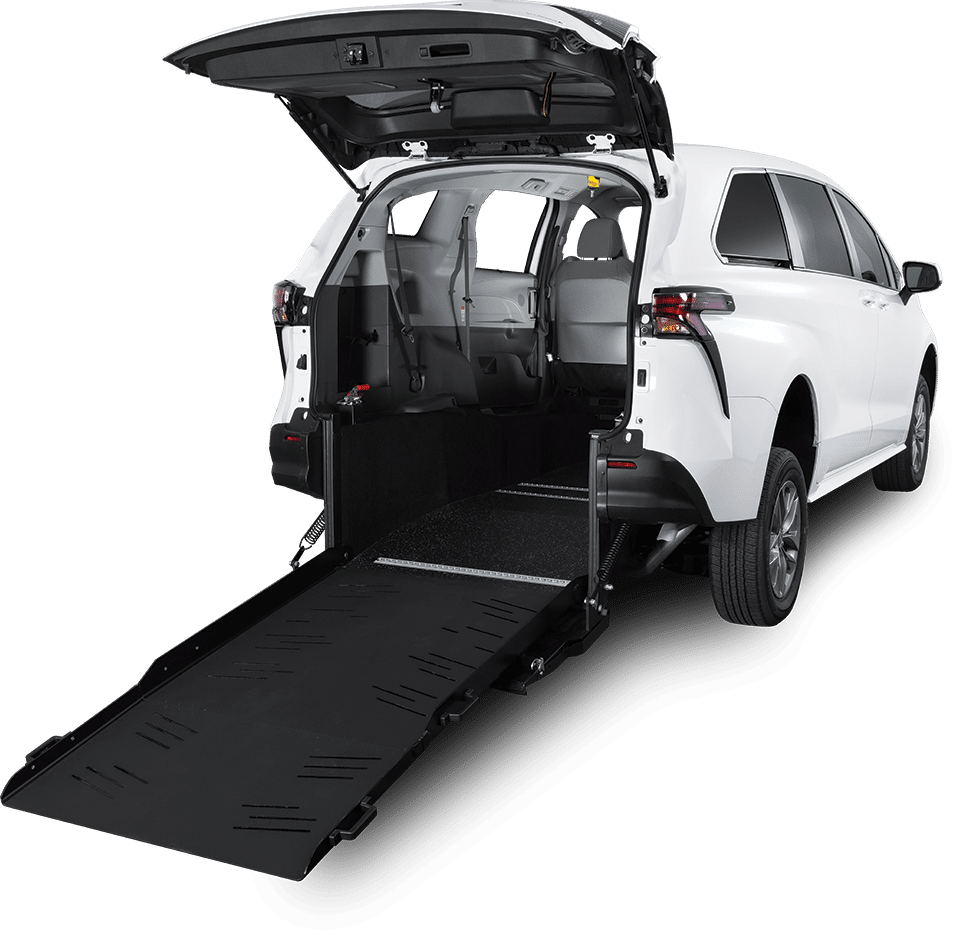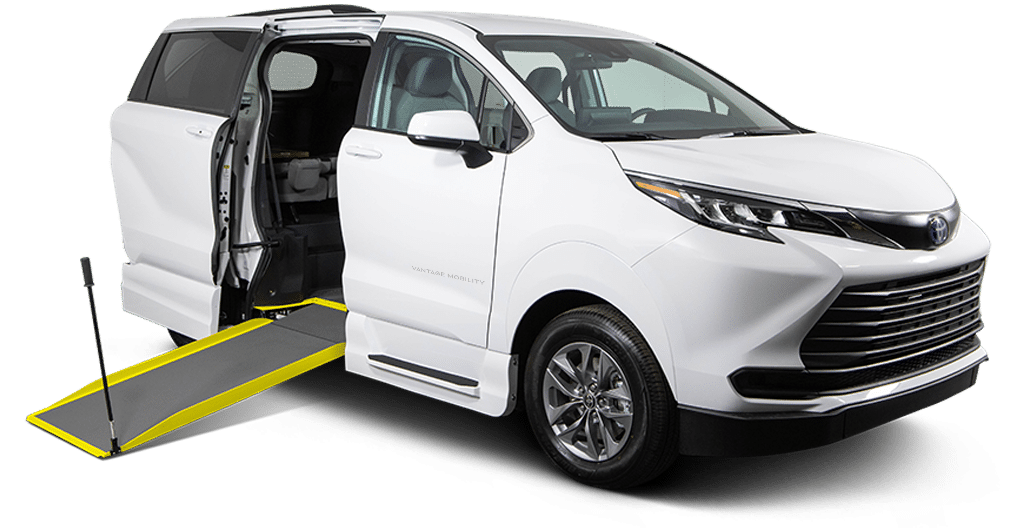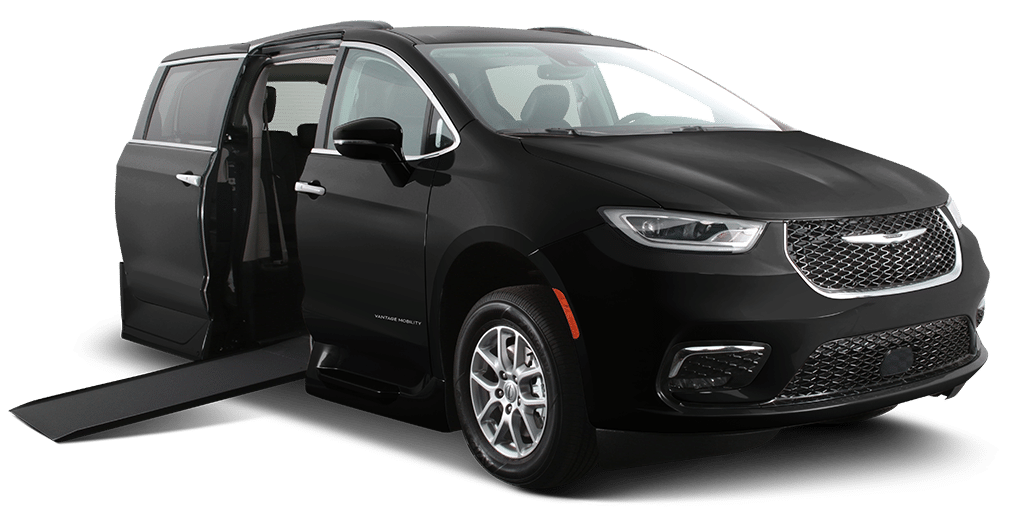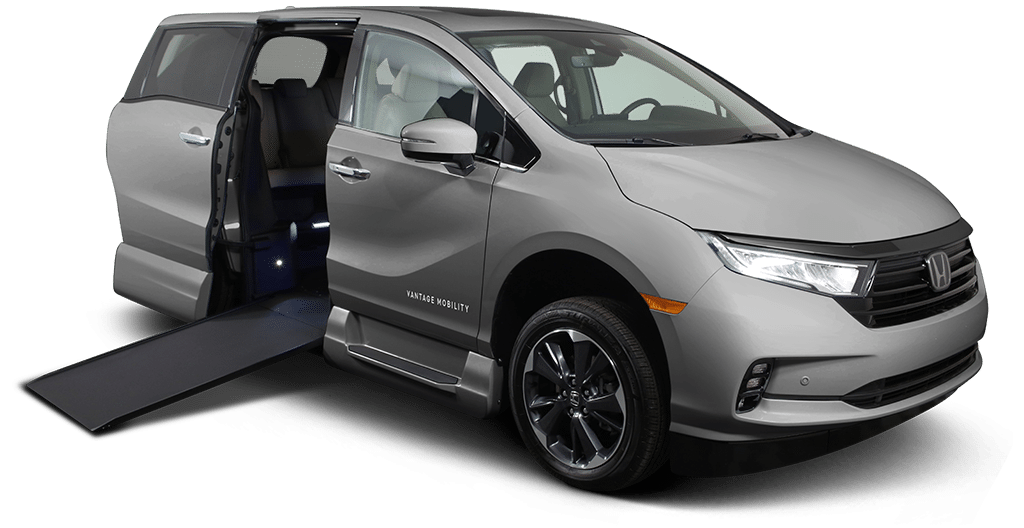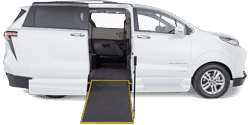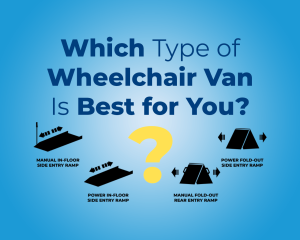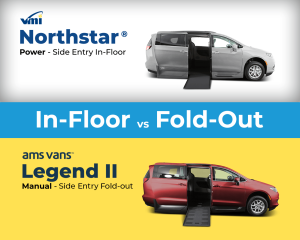In December 2012, Joe Pascale was a 33 year old husband and father of two with a great job. But his world collapsed about him almost overnight. One day he was celebrating Christmas with his family and a few days later he was in a coma fighting for his life.
He was diagnosed with encephalopathy of unknown etiology and the cause still remains a mystery. After seven weeks in the local hospital, Joe eventually recovered enough to go home to his family with a tracheostomy and a GI tube. He needed 24-hour care since he was now completely dependent. Donations poured in to help his wife with his home care, but after 8 months, she decided she could not care for him any longer.
Joe’s parents took a hiatus from their retirement to come to his aid.
VMI caught up with Joe’s mother, Rose, to discuss their incredible journey and role as caregivers.
Please join us as we continue to #thankacaregiver and recognize the amazing stories of individuals like the Pascales this Caregiver Appreciation Month!
How do you identify as a caregiver?
When Joe got sick we were enjoying a well-earned retirement in South Carolina, but decided to move to Alabama to help in his care. Little did we know that by October of 2013, we would become Joe’s primary caregivers. Shortly after we took Joe to our home, his wife filed for divorce. I know there are many disadvantaged people in this world, but other than his physical life, this young man lost everything…his family, his home, his livelihood and his ability to do anything for himself, except hold a cup to drink.
We take care of our own. We never stop loving them, no matter what stage of life they are in. So at ages 71 and 66, my husband and I became Joe’s sole support.
Are there seasons of caregiving and how do they change?
We consider it a blessing to care for Joe, but it is a daily, even hourly challenge. When your children are small, parents are young enough to have the energy to keep up with the work. As we age, so do they; and their physical needs diminish. When you are in your 60s and 70s, you never imagine that you might have to do the work that you did 35 years before, only with someone that is a lot heavier.
We began a year ago with 24 hour hired caregiving, but as Joe’s health and cognition began to improve, we now have nightly caregivers (so we can sleep), and only 23 hours total on weekdays (so we can run errands and stop for a coffee). It was necessary to decrease the hours since the cost had become prohibitive. We do enjoy the quiet alone time with Joe to work with him on therapies and take him for a ride. And it’s nice to have some of the privacy back that was gone with 24 hour caregiving.
What are some of the many hats a caregiver wears on any given day?
We are housekeepers, medical assistants, drivers, secretaries, daily needs caregivers, travel agents, and most importantly husband and wife, father and mother. Some days we work like a well-oiled machine, but other days we need a mechanic fast! We don’t have nice neat compartments in a day where we can do clerical one hour, and then caregiving another hour, then therapy another hour. No! The typical hour might be something like this:
- I start out cooking Joe’s breakfast. Dad then feeds him while I start the laundry. Halfway through that, John, my husband, tells me that Joe needs to be changed, which we do together.
- After that I go back to the laundry but remember that he needs his seizure medication.
- Then the phone rings and it’s a doctor or therapist, or caregiver to discuss the day’s/week’s schedule. So I take out my computer to put the schedule in to my calendar.
And that doesn’t take into account that I do all the arranging of therapies and hospital visits, and travel plans necessary for medical trips (Baltimore, NY, NJ). Or the hours I have to talk to or email doctors about diagnoses or medications, or different things to try, along with the hours of research I do at night when everyone is sleeping, and I should be.
How does a caregiver stay motivated and inspired?
We’re motivated by love and faith. There is no better way for someone to live that out than to be a caregiver, no matter what age or condition the needy person is in.
We also try to make time for us — like an hour to go for coffee, chat or sit quietly and read — it may seem simple but it works. We also go out for a light quick dinner every week. We all need a recharge, especially caregivers! You can’t run on empty tanks or eventually things will just come to a complete stop. We learned this the hard way. It’s more efficient to get enough rest to continue the work we are called to do. Our loved one needs us to do that!
On a practical note, it is so easy to not take care of our own bodies and minds. We have to remind ourselves that we need to get to doctors and dentists for regular checkups. We need to eat properly, take supplements, and any medicines we are prescribed. We also need to take time for ourselves and time to be with friends and other family members. Heck, we have to be sure we get a haircut. My husband and I try to get out weekly for pizza or a light dinner. Stay away from naysayers. It will seem overwhelming at times. It still does for us. But in the beginning it was most of the time … now rarely. It takes time to develop a routine and grow with the loved one.
And whatever you do, do NOT say “no” when someone offers to help. People really do want to help but they don’t know how. So say “yes” and have a few things ready to say when people ask … a dinner, a stopover with your loved one while you get out, an errand.
How can transportation be a challenge for someone in a wheelchair?
The first six months that Joe was with us, we had no means to transport him anywhere. When he had to go to a doctor, we had to hire a transport at $100 each ride. And it’s so impersonal. We were always dependent on whether they’d show up on time.
But more importantly, Joe had no life outside of home and the doctor’s.
What’s it been like to experience your VMI E-Venture and how has it empowered the life of your family?
One day I came across the contest by VMI for an E-Venture with a free 30 day use of a new conversion vehicle — Wow, wouldn’t that be nice. So I entered the contest and in a couple of months received a call that we had won! I was so excited, especially since we had to take a two day drive to Baltimore for Joe to receive special therapies. Truthfully, we were not sure how we were going to do that. And then the call!
So we picked up the van the week before we left and what a blessing it was! No more tiring transfers since all we did was just wheel Joe in — wheelchair and all — and secure him in his chair to the locks on the floor of the van. And off we were. We were not only able to make the trip easily, but all the necessary stops along the way were so much easier.
Besides getting Joe to the institute and specialists he was to see in Baltimore, we actually had a vacation. Finally Joe was out of his four walls and seeing the world, literally, from the Top of the World to the beautiful Baltimore Harbor. What a respite that was for all of us, but especially for Joe who desperately needed a more vibrant life!
After the 30 days were over, we realized we had to buy that van, so we found the best and longest financing we could find and we now own it. We use it almost every day!




